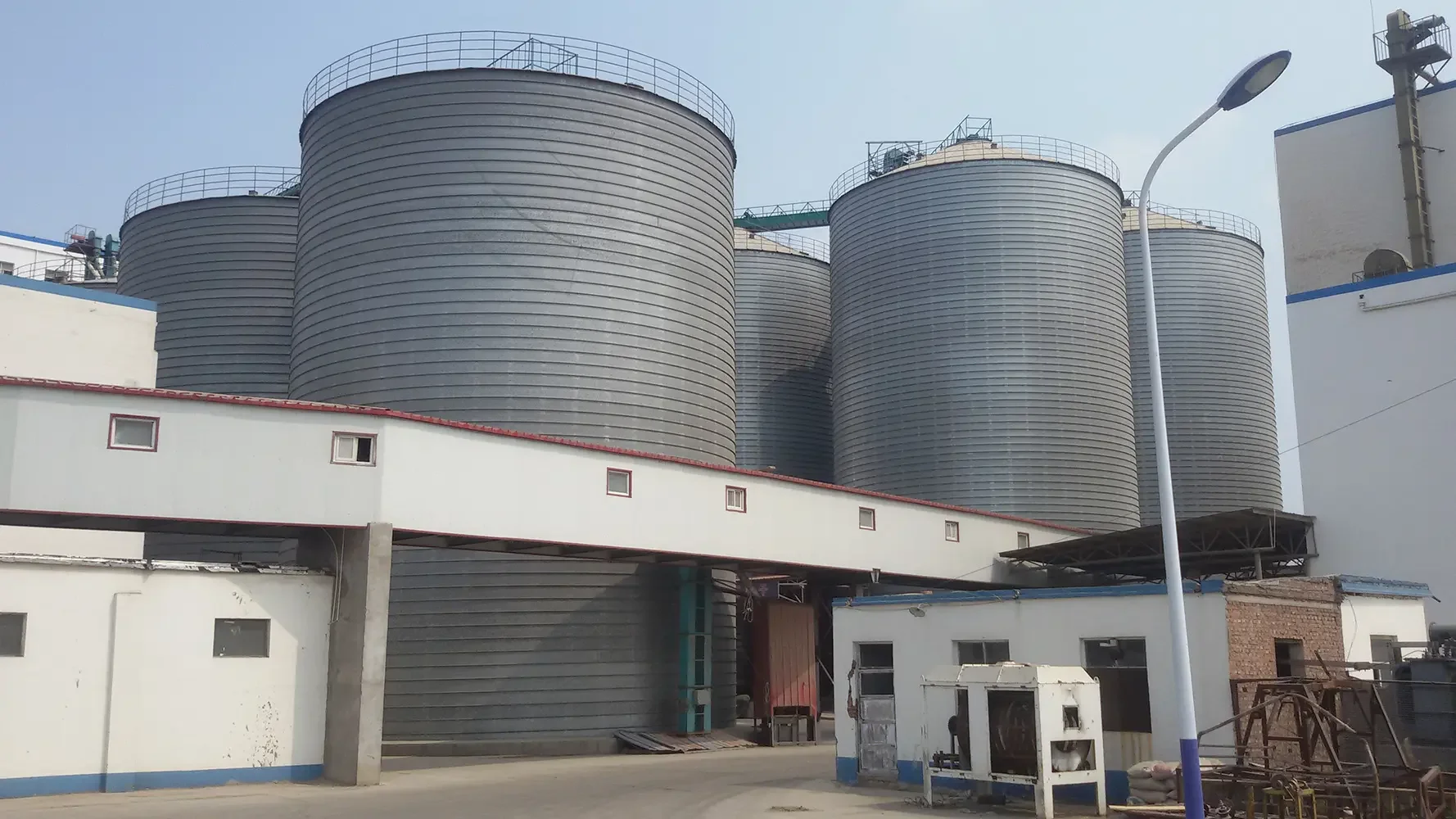When it comes to preserving the freshness of fruits, many home canners and food enthusiasts turn to mason jars as a reliable storage solution. However, a common question arises: Do you wash fruit before storing in mason jars? The answer is not as straightforward as it may seem. In this article, we will delve into the importance of washing fruits, the best practices for doing so, and how it affects the longevity and safety of your stored produce.
The Importance of Washing Fruits
Washing fruits before storage is crucial for several reasons:
- Removal of Pesticides and Chemicals: Many fruits are treated with pesticides and other chemicals during their growth. Washing helps to remove these residues, making the fruit safer for consumption.
- Elimination of Bacteria and Pathogens: Fruits can harbor harmful bacteria, such as E. coli and Salmonella, which can lead to foodborne illnesses. A thorough wash can significantly reduce the risk of contamination.
- Preservation of Quality: Dirt and debris can cause fruits to spoil faster. By washing them, you not only clean the surface but also help maintain their freshness and flavor.
Best Practices for Washing Fruits
To ensure that you are washing your fruits effectively, follow these best practices:
- Use Cold Water: Rinse fruits under cold running water. Avoid using soap or bleach, as these substances can leave harmful residues.
- Use a Brush for Firm Fruits: For fruits with thicker skins, such as apples and potatoes, using a vegetable brush can help remove dirt and bacteria more effectively.
- Soak Delicate Fruits: For softer fruits like berries, consider soaking them in a bowl of cold water for a few minutes. Gently agitate the water to help dislodge dirt, then rinse under cold water.
- Dry Thoroughly: After washing, dry the fruits with a clean cloth or paper towel. Excess moisture can promote mold growth during storage.
Storing Fruits in Mason Jars
Once your fruits are washed and dried, the next step is to store them properly in mason jars. Here are some tips to maximize freshness:
- Choose the Right Jar Size: Select mason jars that are appropriately sized for the quantity of fruit you are storing. This minimizes air space, which can lead to spoilage.
- Consider Vacuum Sealing: For long-term storage, consider using a vacuum sealer to remove air from the jars. This can significantly extend the shelf life of your fruits.
- Label and Date: Always label your jars with the type of fruit and the date of storage. This helps you keep track of freshness and ensures you use older fruits first.
- Store in a Cool, Dark Place: Mason jars should be stored in a cool, dark environment to prevent light and heat from degrading the quality of the fruit.
The Impact of Washing on Storage Duration
While washing fruits is essential for safety and quality, it’s important to note that washing can also affect the storage duration. Fruits that are washed and stored in mason jars may have a shorter shelf life compared to unwashed fruits due to the introduction of moisture. Therefore, it’s advisable to wash fruits just before consumption or use, rather than before long-term storage.
Conclusion
In conclusion, washing fruits before storing them in mason jars is not just a matter of preference; it is a critical step in ensuring food safety and maintaining quality. By following the best practices outlined in this article, you can enjoy fresh, delicious fruits while minimizing the risk of contamination. Remember, the key to successful fruit storage lies in the balance between cleanliness and moisture control. So, the next time you prepare to store your fruits, take the time to wash them properly and enjoy the benefits of safe and flavorful produce.


More Stories
How SBR Rubber Sheets Are Manufactured: From Compounding to Vulcanization
Exploring New Chapters of Development Together! Shuifa Singyes New Materials Participates in C-Touch & Display Shenzhen 2025 and Commercial Display
How to Choosing the Best Cylinder Essential Oil Packaging Box for Your Brand